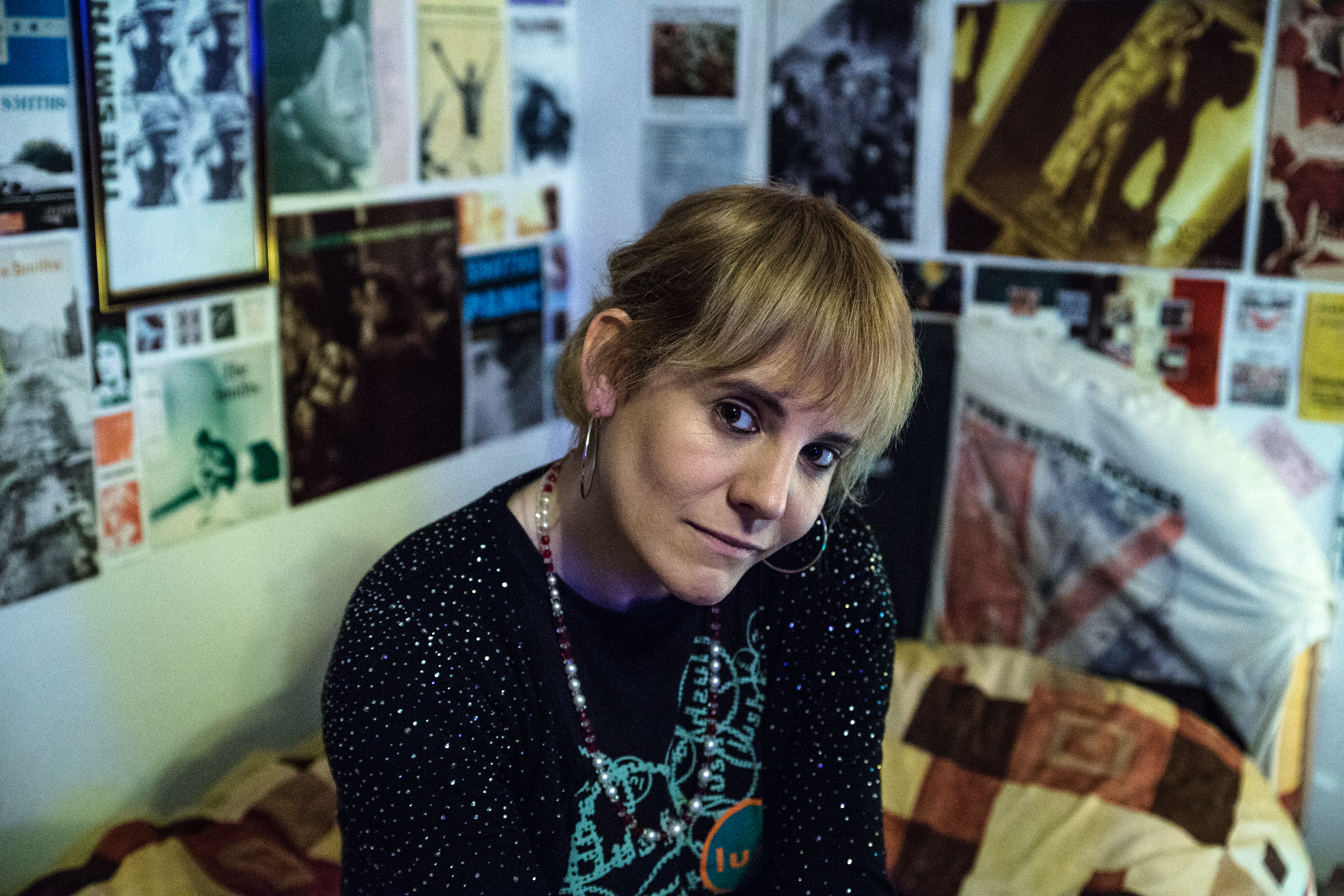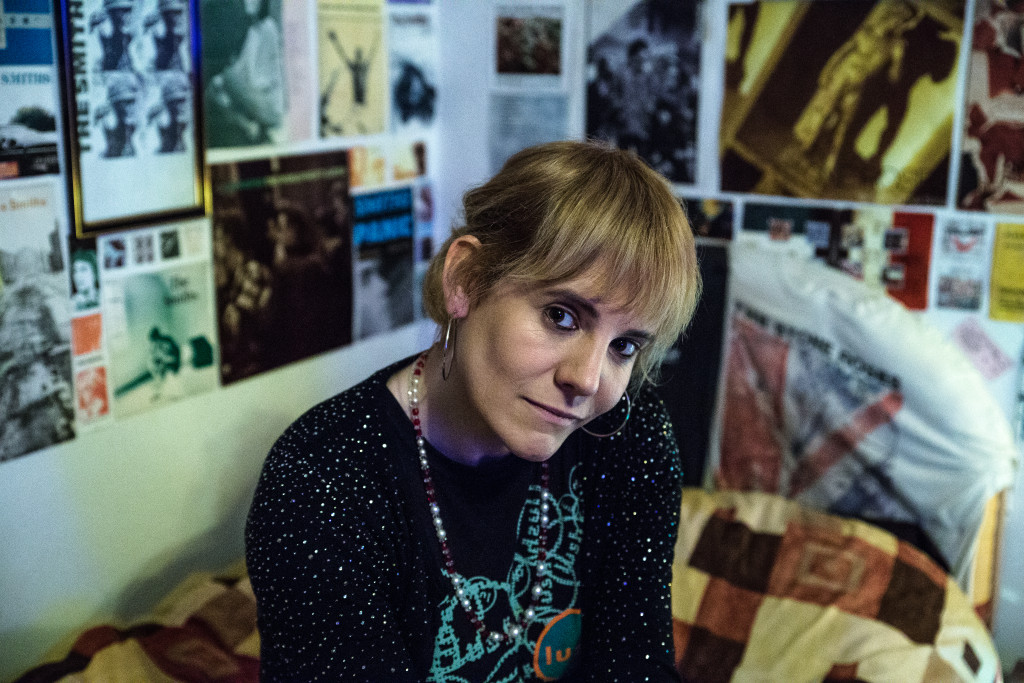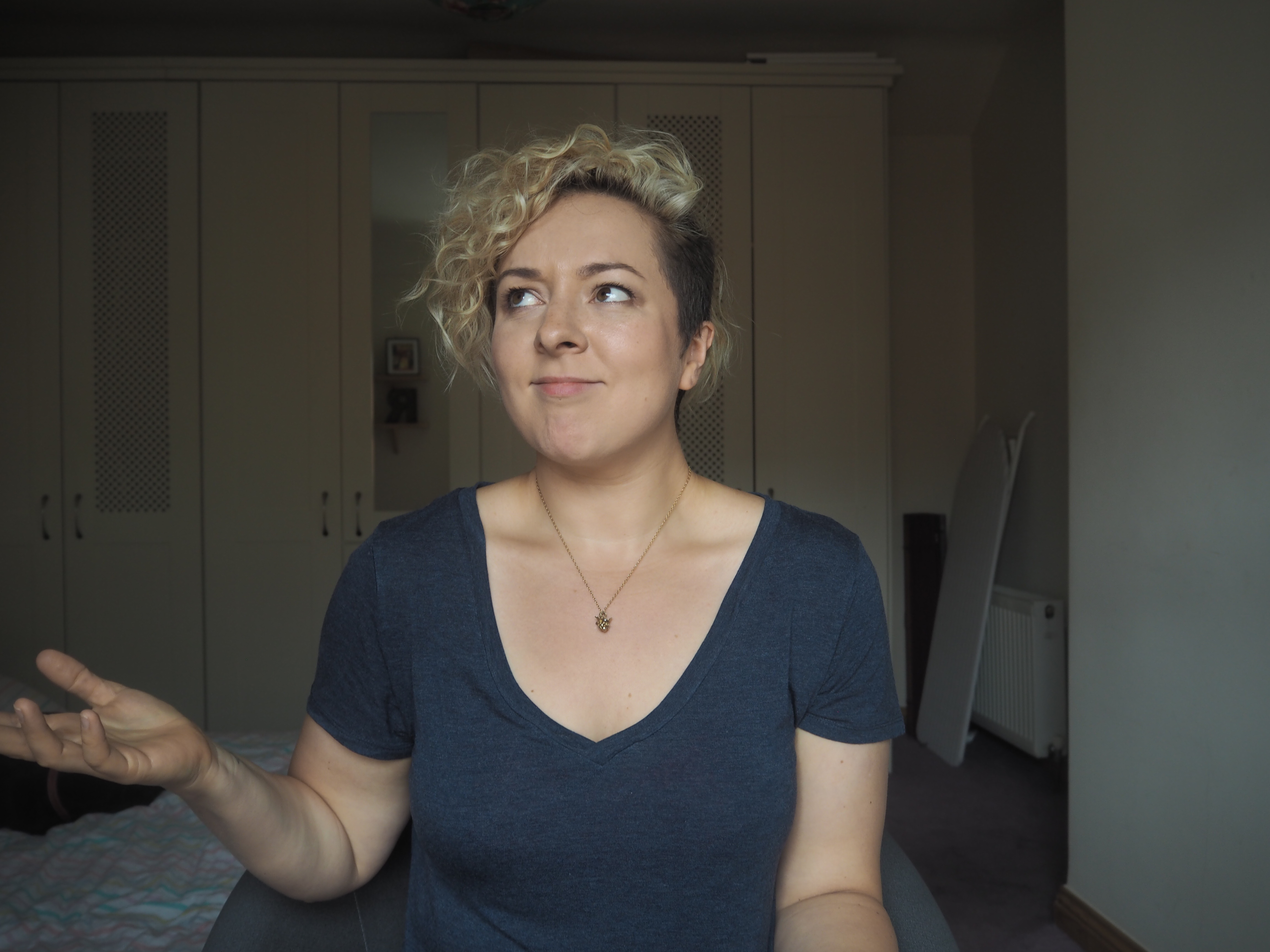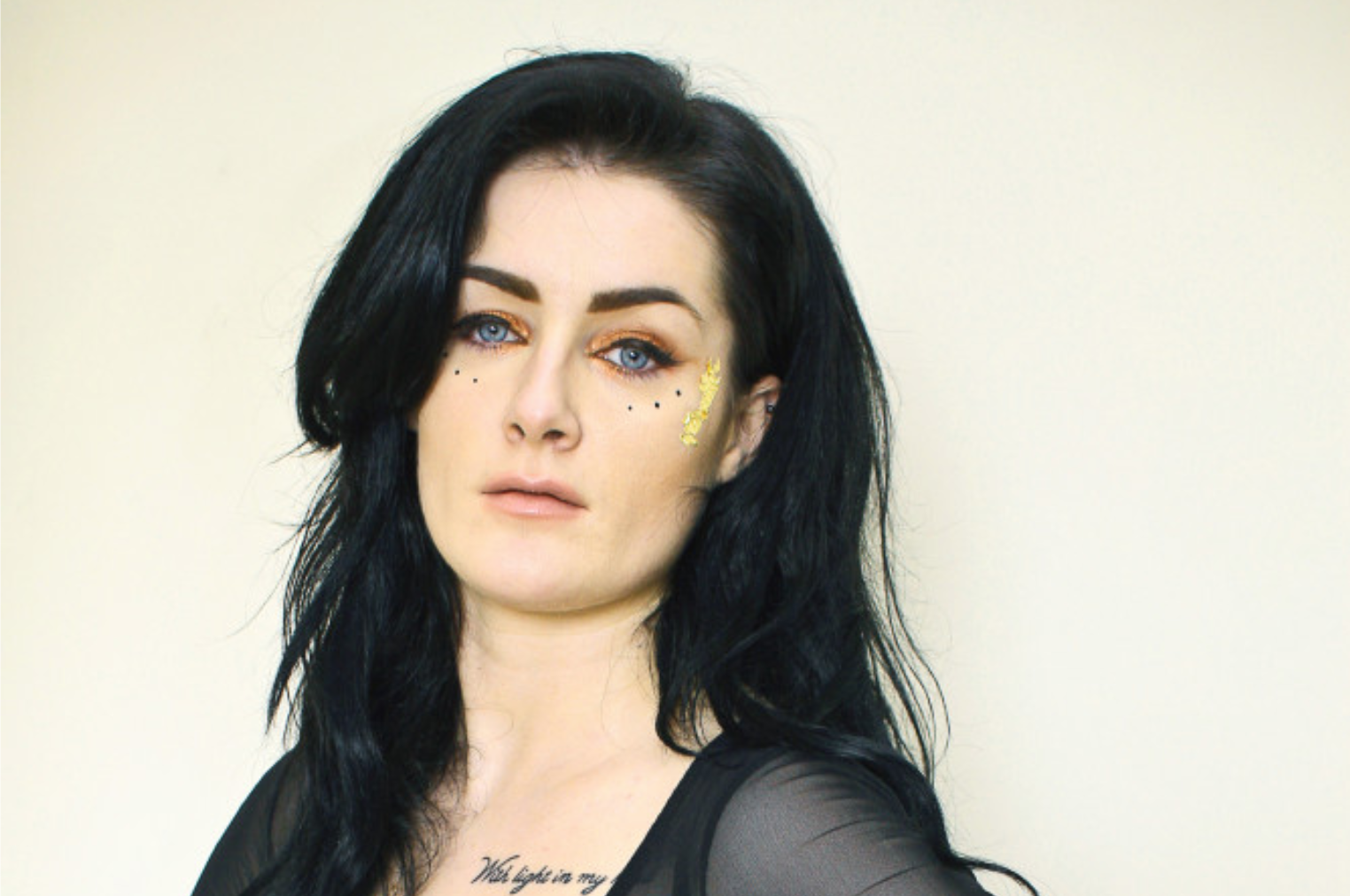I can think of no bigger honour than being asked to contribute an article for International Women’s Day because not only is it a cause that I wholeheartedly support but in the wider world there are still some people who refuse to accept me for who I am. This I know because my own band just split up for that reason. But more on that later.
I’m legally a woman, and my birth certificate states that I’m female. I’m also trans. I began transitioning as a desperate necessity when I found I could no longer live another day suppressing my inner nature, which I’d been doing since I was a young child. I once described it to a friend as feeling like I was in a burning building – and I had to get out of the burning building before the walls and roof collapsed in on me. When I started I had no idea how to manage a transition, but I knew I had to embark on a radical overhaul in order to save my life. For a long time nothing about living in my old life made any sense to me, and looking back I realise how totally at odds it was with my personality. I had spent so long living without a clue what I was doing that it felt like I was speaking in an entirely different language to everyone else. For years I attributed this to my being an artistic misfit, but even when among other artistic misfits I still made little sense, to them and to myself. However from the moment I began living as female, and being perceived as such, that awkwardness evaporated and many of my demons dissipated. For the first time in my life I felt like I knew what I was doing, and there was no longer this disconnect between how people expected me to be and how I am. It’s an experience I have come to use the David Bowie song ‘Always Crashing in the Same Car’ to describe, because that’s what I think best sums up my life before transitioning. In those days I felt like I was doing just that – “Always crashing in the same car”. By contrast nowadays I feel liberated and am so much more at ease in my own skin. However, most people don’t know I’m trans, even some people who I’ve known for quite a while. The subject never comes up and I generally don’t discuss it, I’m too busy living my life and immersed in creativity and my work, spending time with friends and family and all the things that make up everyday life. Also, I’m wary of being pigeonholed – although I’m proud of my transition there’s so much more to me than being trans, and I wouldn’t want it to overshadow peoples’ perceptions of the many strands of what I do and all I’m trying to achieve in my life with my music, writing and investigating.
My transition is dwarfed by Ireland’s own transition from being a one-time bastion of homophobia and intolerance to now being one of the most progressive countries on the planet for LGBT people. I can think of no better example of this than the fact it was not until 1993 that homosexuality was decriminalised here (it had been decriminalised in the UK as far back as 1967) and yet not only do we now have an openly-gay Taoiseach but Ireland is today one of the three most advanced countries for trans rights in the EU, and one of the five most advanced countries for trans rights in the world (along with Argentina, Denmark, Norway and Malta) in addition to being the first country in the world to legalise gay marriage by popular vote.
Ireland, for so long in the slipstream of the UK and US, is now so far ahead of both of those countries that the UK is currently seeking to introduce new legislation (following a motion tabled by the Conservative party and backed by the Labour party) based on the Irish model that if successfully implemented will bring rights for trans people in the UK into line with Ireland’s visionary Gender Recognition Act 2015. This is extraordinary – these days the UK is taking their cues from us and not the other way around. We’ve gone from being choked by the Catholic cloak in the cesspool of secrecy and haunted haven of hypocrisy of yesteryear to instead leading the field in a brave new world. Although we still have a long way to go in areas such as abortion reform, since the aforementioned advances and the Marriage Referendum Act passing by a landslide margin, I have never felt more proud to be Irish.
Transitioning has enabled me to feel I’m finally living in accordance with my true self. However there is so much that is unknown and misunderstood about what transitioning actually involves. Despite trans people becoming more visible than ever before and increasingly gaining a voice in the mainstream media in the UK, and the emergence of trans icons such as Laverne Cox and Paris Lees, there is comparatively little practical information available in relation to how to go about transitioning in Ireland, as each country is different and the health system in Ireland is a byzantine maze all of its own.
Having said that, one thing I never expected before I initiated my personal revolution has been just how do-able it is. I’m the first trans person ever to work for the RDS for instance, and I came out to my co-workers and management there a full year before I even commenced hormone treatment. What prompted me to come out there when I did was that I was being repeatedly referred to by female pronouns – I was regularly being perceived as female before I even began transitioning, and therefore it was a much more seamless progression than might have otherwise been the case. This was something that had been happening for a long time – as a teenager in my first job I used to be asked if I was a girl or a boy. My first experiences of expressing my gender identity however began much earlier, as a very young child in North Dublin in the 1980’s.
The private members hall of the RDS is among the most conservative and prestigious establishments in the country. If I can come out as trans there and conduct my transition while working there for two years, I think anyone can come out anywhere. Everyone at my job turned out to be supportive, and it was easier than I ever could have thought possible. But I still had to request a couple of older men who had known me before to refrain from using incorrect pronouns and I had no way of knowing just how supportive everyone would be when I came out, and so to do so took a great deal of courage and determination, qualities that are the bedrock of a successful transition.
The most difficult aspect of being trans is gender dysphoria, which for someone who has never experienced it may seem unfathomable but believe me it’s an agonising affliction and the only remedy for it is to transition and begin living as who you know you are in your heart. Which makes it all the more saddening when people in your life who could be supportive instead choose to attack you and deny that the identity for which you’ve risked so much is valid. I’ve never had any problems in public, and 99.9% of the people in my life accepted me with love, compassion and respect when I came out to them. I have all the same friends I had before I began transitioning, and those friendships are stronger than ever. Fortunately there have only been a few exceptions, but they are pretty shocking examples of the ignorance and hostility trans people are still subjected to on occasion, and which after much deliberation I have decided to reveal here for the very first time in the hope that by doing so it can help anyone who finds themselves in a similar position.
Two years into my transition, one evening after I arrived home tired after a long day at work my neighbour knocked on my door as I was cooking my dinner and asked me, “If I put my hand up your skirt what would happen?” When I told him that would be tantamount to sexual assault he reacted with incredulity like I had said the most absurd thing in the world. I told him what he’d said was totally inappropriate and asked would he ask a cisgender woman that question? “Of course not”, he said. Then I asked him if he would ask a man that question? “No” he said. The inference was clear. He thought that a trans woman alone was unworthy of even basic respect and to him I was nothing but a sex object (the fact that I’m celibate makes a mockery of that notion). The next thing I knew, the creep groped me and I had to push him away and slam my front door.
The next example is more shocking still. For at the heart of it is someone who as a musician and producer is very artistic, and it’s a widely-held view that artistic people are less likely to harbour bigotry and prejudice, being generally open-minded and progressive in their attitudes and outlook. Which has made my discovery that this person has developed conspiracy theories that undermine and demonise trans women and what he terms “the trans movement” all the more upsetting and disturbing. He told me that if he were in Canada he would be jailed for his views on trans women, which is indicative of just how extreme those views are. I shan’t divulge the majority of those views here, suffice to say when a bandmate tells you he thinks trans women should not receive equal rights because “it took slaves and blacks a couple of hundred years to get their rights” and therefore he think trans women are gaining human rights far too soon (even though trans people have actually been around for a hundred years) it was going to be impossible to feel comfortable working alongside someone who disputes the validity of my identity and the legal right under the Irish constitution of any trans woman to live as female. For such reasons our band could no longer continue, which was a tremendous disappointment to myself, my other bandmates, our fans and our many supporters at radio after what had been a very successful first year as a band in 2017. Remarkably, we are the first group in music history to split due to transphobic differences.
But I want to look forward and for all the challenges out there, and the shameful pay gap where women are still being discriminated against for no other reason than our gender, the very fact that this is being discussed almost daily in the mainstream media is a sign of progress, and hopefully this will lead to the gap being eradicated as soon as possible. If there’s one thing I’ve learned from my transition it’s that today’s dream can be tomorrow’s reality. And the dream of intersectional feminism, where women – all women – are treated with respect and equality, has the ultimate advantage over the prejudices and inequalities we’ve faced up to this point. Because the ever-replenishing injection of youth is driving this movement forward, as outdated modes and oppressive dogmas are being diminished and dismantled. Bigots and the stiff, staid, sad old guard can’t out-run the striding soles of progress worn by those with a yearning to live their own truth and if necessary reinvent their identity.
Today’s dream is tomorrow’s reality.







